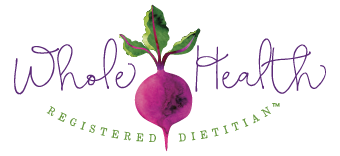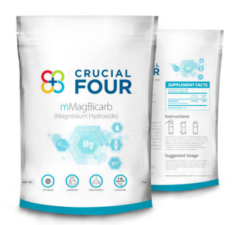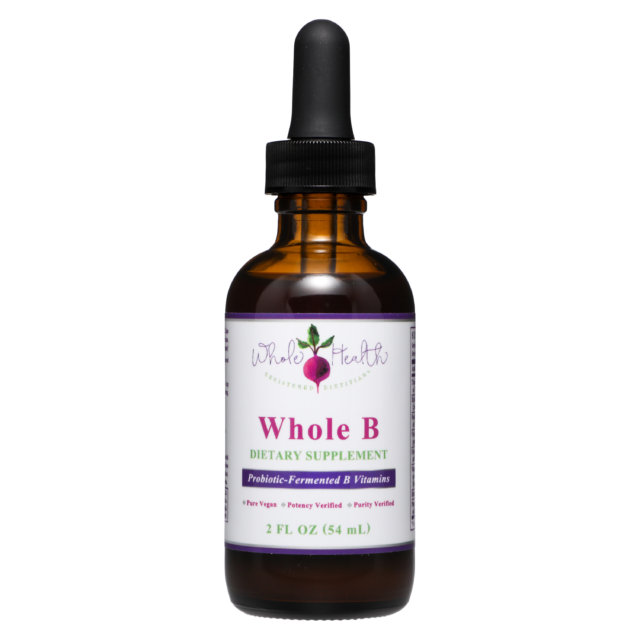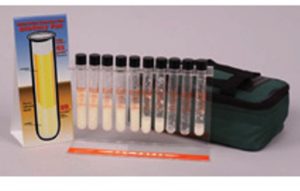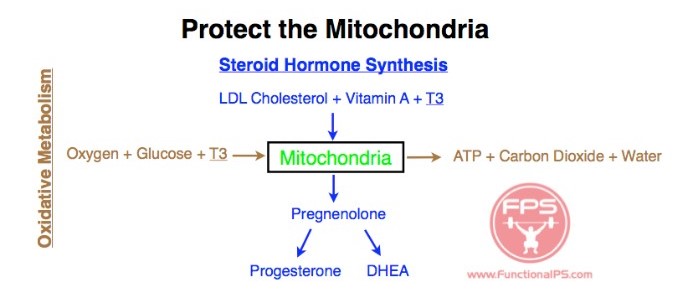A common theme during the last few weeks of the year is increased STRESS. That word stress gets thrown around a lot, but what does it even mean? My favorite definition is this one:
Stress = demands > resources
Stress is when your body doesn’t have enough resources to meet demands. Examples of resources include calories, minerals, sleep, light, and glucose (sugar) in your cells. When that happens, you literally start breaking down. Stress hormones like adrenaline and cortisol elevate to break down your VERY valuable muscle/organ/connective tissue through a process called gluconeogenesis, which converts it into glucose.
As a result, your body adapts to the elevated stress hormones by lowering the metabolic rate. A lowered metabolic rate can present as decreased thyroid function, a down regulated immune system, lower heat production, poor digestion, poor sleep, PMS, low libido, brain function, etc.
We’re never going to completely get rid of stress, but the goal is to not be in break-down mode ALL THE TIME.
So how can you protect yourself during the extra-stressful last few weeks of the year?
Blood Sugar Regulation
I emphasize blood sugar regulation for all my clients. What that means is controlling stress hormone release by preventing blood sugar spikes and dips throughout the day. You can accomplish this by eating balanced meals regularly throughout the day. Balanced means don’t cut carbs!
Please don’t fast, skip breakfast, or drink coffee on an empty stomach. I know all these supposed “health” practices are hot right now and one day I promise to write a whole post about the physiology behind why these practices can be harmful. But I really do trust that most people intuitively understand that fasting, skipping breakfast, and drinking coffee on an empty stomach are just stress on top of stress. Remember: those stress hormones feel reeeeeally good….until you crash.
For many of my most stressed-out, adrenaline-junkie clients, sipping on a Miracle Hydrating drink throughout the day lowers stress and balances blood sugar. Get the recipe in the “What’s my Secret” sidebar.
Magnesium
Magnesium is a notorious stress-buster. Magnesium intake is dependent on our lifestyles and is “burned” up under stress. Most people can actually FEEL it working as it relaxes muscles, increases GABA production, and activates the parasympathetic nervous system. My favorite way to get more magnesium for beginners is topically. Life Flo magnesium lotion rubbed into the feet before bed, or all over after a shower. Or make time for an Epsom salt bath a few times a week. My “extra stress-busting” recipe is 4 cups Epsom salts and 2 cups baking soda.
For those who have experience with magnesium supplements, have you tried magnesium bicarbonate water? Magnesium bicarbonate is a highly absorbable form of magnesium that restores tissue magnesium and has the least potential for digestive distress. All you need to make it is seltzer or sparkling water, plus a high quality magnesium hydroxide, like Crucial Four mMagBicarb. The result is a flat, neutral tasting water that is felt almost instantly with most people. Use the discount code WHOLEHEALTHRD for 15% off your initial order.
B Vitamins
Thanks to my UMD intern Alyssa Briske for this B vitamin summary!
Many of the B vitamins play a role in the nervous system and stabilizing moods. Vitamins B1, B2, B3, B6 and B12 are needed in proper amounts to maintain a healthy nervous system. A strong nervous system can help fight off symptoms of stress, but the more stressed you are, the harder that your body must work to fight off stress. The more stressed you are, the more depleted vitamin stores become. Since B vitamins are water soluble, you must replenish these vitamins each day. While most people get enough B vitamins each day through diet alone, if you find yourself more stressed than usual, taking a B Complex supplement would not hurt.
It is important to look for a B Vitamin Complex, not just one, because if you are deficient in one B vitamin, you are likely deficient in one or more additional B vitamins. While each vitamin does play a different role in the body, they still work together to prevent stress in the body. Think of the B complex like a sports team, while each vitamin plays a different position, all of the positions are needed in order to win the game. The same thing occurs in the body with the B Vitamins, if one vitamin is deficient, the whole body suffers.
Whole B is a B Complex that, like the magnesium above, is felt almost instantly by most people. Whole B is unique with its probiotic-fermented B vitamins, all in the active form, making it very bioavailable. A half teaspoon in the morning in a little juice or water is a terrific way to prepare for extra stressful days.
Castor Oil Packs
A “castor oil pack” is castor oil applied to soft flannel or cotton and and then placed externally on specific areas of the body, depending on symptoms and need. This time-tested therapy for healing has been used for decades for good reason.
One of the ways they work is by calming the nervous system, which increases deep sleep and relaxation and can improve digestion.
There are so many videos and articles online on how to do a castor oil pack, but they can be messy and hard to stick with and do regularly. So I was thrilled to find Dr. Marisol’s Queen of the Thrones castor oil pack.
The wrap makes castor oil packs so much easier to do in real life, outside of relaxing in bed. You can watch TV with it on, sit at your computer, get up, do housework, go to bed with it on…
Castor oil packs are recommended for many disorders, with pregnancy being the only contraindication. If you’re trying to conceive, use them only until ovulation.
_____
I hope you have a healthy end of the year! If you need help implementing some of the above practices, I’d love to work with you! Beat the January rush and start your health journey now. Let’s chat.
